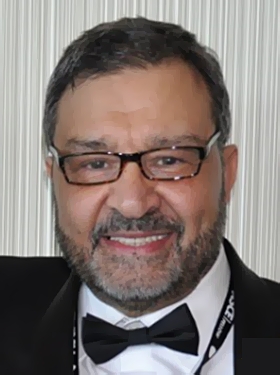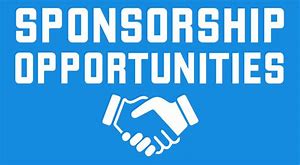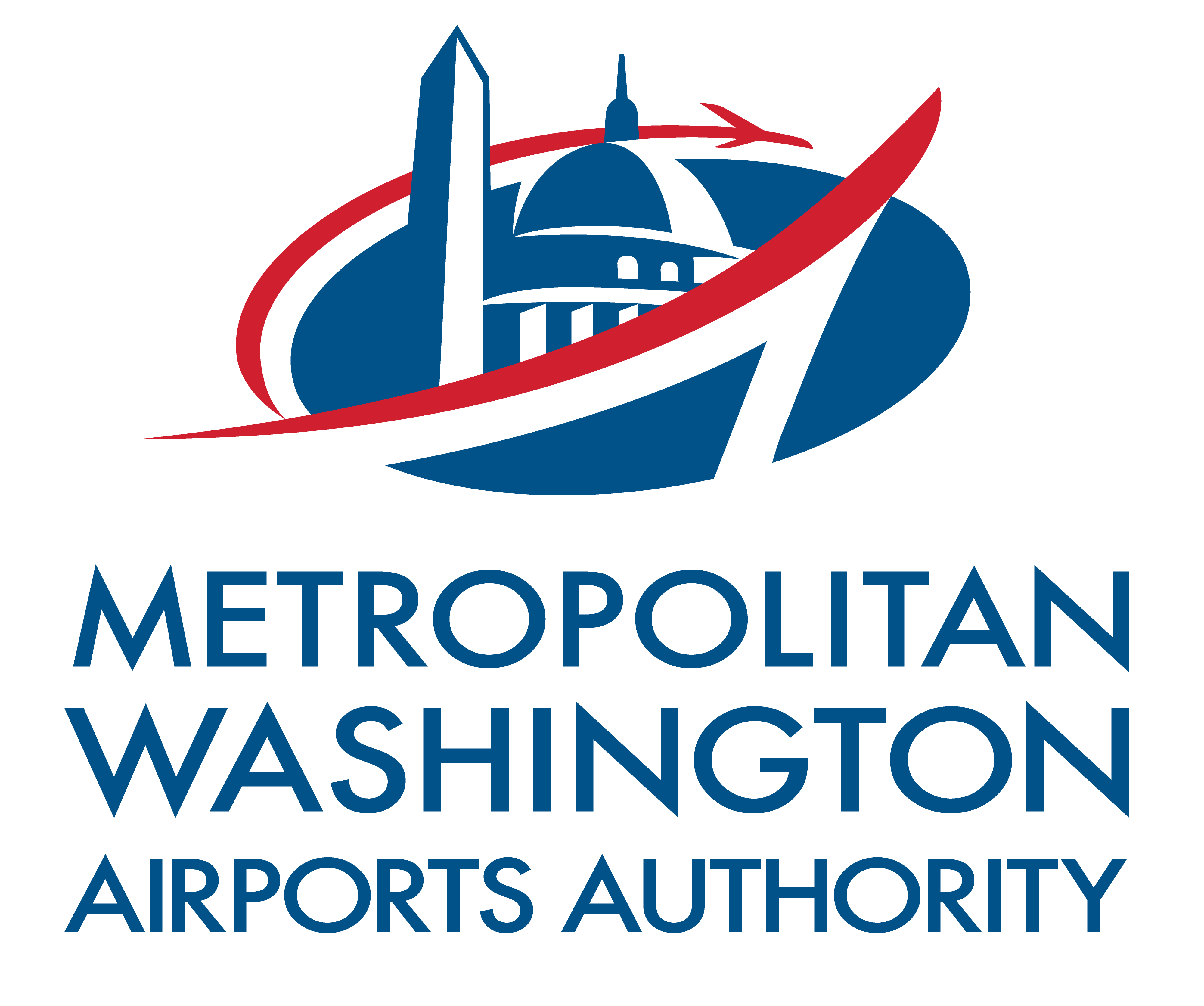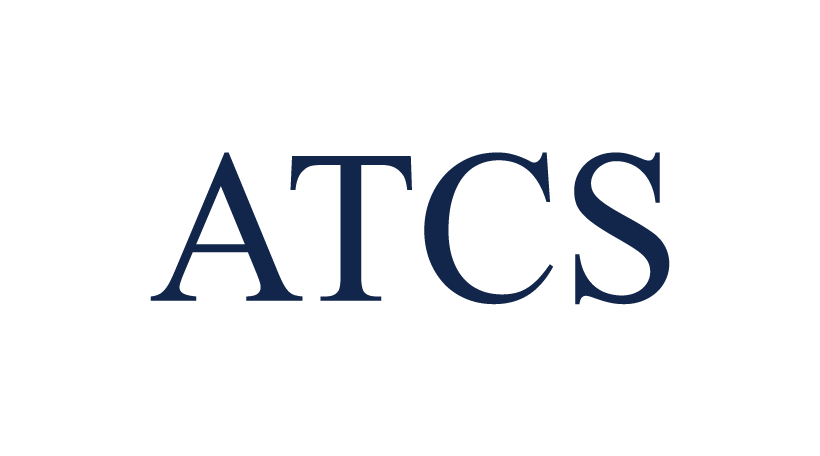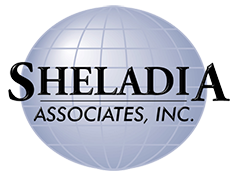Time Really Flies – Especially When You Are Having Fun
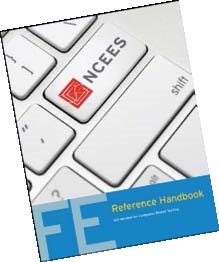

Unbelievably AY-2016–2017 has just started. Time goes by so fast. Some of you may know I am just back from my semester-long sabbatical leave. For the last thirty years in academia, thanks to my students’ resistance, I had never dared considering a leave until this past semester. As a tenured professor, I was told, I was eligible to take paid sabbatical leave at least four times in three decades, but no regrets.
Here is a brief account of my break. During my break, while charging my batteries, I never missed my monthly NCS articles of Dr. Z’s Corner. I also continued preparing dozens of original problems for our readers every month. Not only that, I was also at school almost every Saturday to make sure I run our now well-known pro-bono Saturday classes for the students from various universities and also practicing engineers in the metro area. I was really having fun since we have helped scores of engineering students and engineers for free. And one of them was Diego Buitrago, a structural engineer from Washington, DC. His story was truly inspirational:
Dear Dr. Z,
I just received the great news. Yes, I conquered the Fundamentals of Engineering (FE) engineering exam on my first try. As a fresh graduate, I would like to thank you for your continued support and mentorship. I also would like to thank to NCS for the “Dr.Z’s Corner” for providing hundreds of problems for free for the students and engineers who are preparing to take their FE and PE exams. Your pedagogy, your examples and your pro-bono Saturday sessions made a huge difference and believe it or not you have changed my life Dr. Z.
For other students who are interested in passing these exams, I have to tell them my story, how I met you and how I joined your exciting free Saturday classes at UDC? First, let me start from the beginning:
I came to U.S. from Colombia in August 2013 and I had set three important goals for myself. To work hard and be a great Structural Engineer, finish the master’s degree, pass the FE and PE exams and hopefully be my own boss one day.
You may not remember but in spring 2014, I had the opportunity to meet with you, Dr. Z at Howard University. You were a guest speaker at our research seminar that I attended. You gave to us an unforgettable presentation about “How to inspire, motivate and educate engineering students and how to conquer the FE and PE exams?” You also shared with us some stories of your personal life. I was especially impressed with your first two weeks in this country and your experience with homeless people on the streets of Washington, DC. At that point, for sure you were my hero and my role model. For the first time since I came to the U.S. I felt identify with a person that I could see as a very positive influence on me. By that time, I thought I had difficulties but that was nothing compared to your experience. No doubt, this gave me hope and inspiration to be successful in my career as a structural engineer.
At the end of summer 2015, my master’s degree requirements were partially completed and I joined your pro-bono Saturday classes that you have been offering at UDC. During the first three months, I studied and prepared for the FE exam based on the information and class notes from you. I followed your every advice to conquer the FE exam and I literally solved all the exercises available at Dr Z’s Corner given in the NCS’ website. I want all other students to know that ASCE-NCS website is a great source with hundreds of original problems and costs nothing, it is absolutely free.
Immediately after passing the FE exam, I also received a job offer from a world renowned structural engineering company in San Francisco, California.
I consider myself very fortunate that I met you at the right time Dr. Z. You have already changed my life. I cannot thank you enough, I am eternally grateful.
Sincerely,
Diego Buitrago, E.I.T
T. Y. Lin International
Bridge Engineer
Finally, did you know that NCEES Reference Handbook (Version 9.4) is just published? Next month we will talk about that exciting news and its implications.
I will close with a reminder: In both FE and PE exams timing is everything. To conquer these exams SPEED is crucial, and speed can only be attained through practice and more practice (try out this month’s problems)!
Until next time,
Ahmet Zeytinci, P.E. (Dr. Z)
This email address is being protected from spambots. You need JavaScript enabled to view it.
Let’s Talk about Engineering Ethics: NCEES Rules of Professional Conduct – Part-II


Did you know that the 31st president of the United States was a Professional Engineer? He enrolled at Stanford University when it opened its doors in 1891 and graduated as a mining engineer. His term (1929–1933) was marked by the stock market crash of 1929 and the beginning of the Great Depression.
This great engineer once said: The great liability of the engineer, compared to men of other professions, is that his works are out in the open where all can see them. He cannot, like the doctors, bury his mistakes in the grave. He cannot, like the lawyers, argue them into thin air. He cannot, like the architects, cover his failures with trees and vines. He cannot, like the politicians, screen his shortcomings by blaming his opponents. The “engineer” simply cannot deny he did it; if his works do not work, he is damned! Herbert Hoover
In last month’s article, we started discussing the Model Rules, the important guidelines for professional engineers. As you may remember, these rules were comprised of the following three major sections: (A) Licensee’s Obligation to the Public, (B) Licensee’s Obligation to Employers and Clients, and (C) Licensee’s Obligation to Other Licensees. And we covered the first model rule. Today we will talk about the second and third.
II. Licensee’s Obligation to Employer and Clients
1. Licensees shall undertake assignments only when qualified by education or experience in the specific technical fields of engineering or surveying involved.
2. Licensees shall not affix their signatures or seals to any plans or documents dealing with subject matter in which they lack competence, nor to any such plan or document not prepared under their responsible charge.
3. Licensees may accept assignments and assume responsibility for coordination of an entire project, provided that each technical segment is signed and sealed by the licensee responsible for preparation of that technical segment.
4. Licensees shall not reveal facts, data, or information obtained in a professional capacity without the prior consent of the client, employer, or public body on which they serve except as authorized or required by law or rules.
5. Licensees shall not solicit or accept gratuities, directly or indirectly, from contractors, their agents, or other parties in connection with work for employers or clients.
6. Licensees shall disclose to their employers or clients all known or potential conflicts of interest or other circumstances that could influence or appear to influence their judgment or the quality of their professional service or engagement.
7. Licensees shall not accept compensation, financial or otherwise, from more than one party for services pertaining to the same project, unless the circumstances are fully disclosed and agreed to in writing by all interested parties.
8. Licensees shall not solicit or accept a professional contract from a governmental body on which a principal or officer of their organization serves as a member. Conversely, licensees serving as members, advisors, or employees of a government body or department, who are the principals or employees of a private concern, shall not participate in decisions with respect to professional services offered or provided by said concern to the governmental body that they serve.
9. Licensees shall not use confidential information received in the course of their assignments as a means of making personal profit without the consent of the party from whom the information was obtained.
III. Licensee’s Obligation to Other Licensees
1. Licensees shall not falsify or permit misrepresentation of their or their associates’, academic or professional qualifications. They shall not misrepresent or exaggerate neither their degree of responsibility in prior assignments nor the complexity of said assignments. Presentations incidental to the solicitation of employment or business shall not misrepresent pertinent facts concerning employers, employees, associates, joint ventures, or past accomplishments.
2. Licensees shall not offer, give, solicit, or receive, either directly or indirectly, any commission, or gift, or other valuable consideration in order to secure work, and shall not make any political contribution with the intent to influence the award of a contract by public authority.
3. Licensees shall not injure or attempt to injure, maliciously or falsely, directly or indirectly, the professional reputation, prospects, practice, or employment of other licensees, nor indiscriminately criticize other licensees’ work.
4. Licensees shall make a reasonable effort to inform another licensee whose work is believed to contain a material discrepancy, error, or omission that may impact the health, safety, or welfare of the public, unless such reporting is legally prohibited.
As always we conclude our remarks with another important reminder. Keep in mind that many problems in the FE and PE exams can be solved by either analyzing the answers or reverse engineering (visit this month’s problem set). Read the options very carefully.
Good Luck,
Ahmet Zeytinci, P.E.
This email address is being protected from spambots. You need JavaScript enabled to view it.

